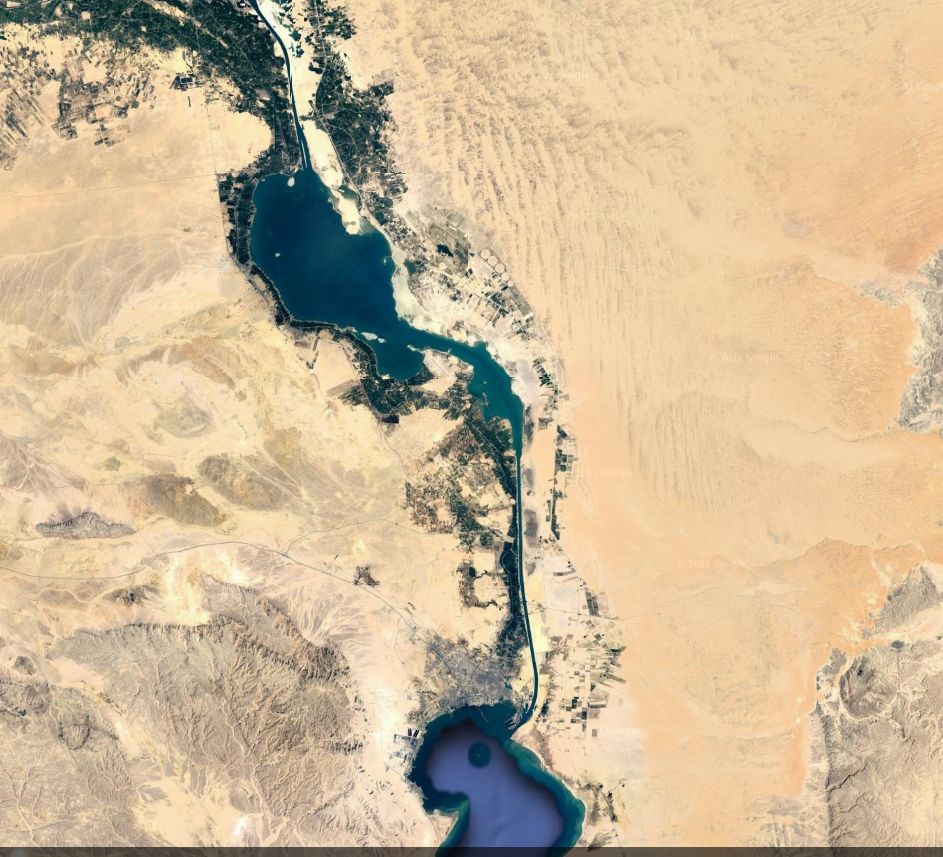The story of the Exodus is one of the most iconic and enduring narratives in human history. According to the Hebrew Bible, the Israelites were enslaved in Egypt for centuries before being miraculously delivered by God, led by Moses, and guided to the promised land of Canaan. While the biblical account is widely known, the historicity of the Exodus has been a subject of much debate among scholars and archaeologists.
Despite the lack of conclusive evidence, recent archaeological discoveries have shed new light on the possible route and timeline of the Israelites' journey. One of the most important findings was made in the late 20th century, when an Egyptian chariot wheel was discovered at the bottom of the Gulf of Aqaba, a body of water that separates Egypt and modern-day Saudi Arabia. The discovery supports the idea that the Israelites crossed the Red Sea, as described in the Bible, and is consistent with other archaeological evidence that suggests the presence of ancient Hebrew settlements in the region.
Other archaeological evidence has been found along the traditional route of the Exodus. For example, in the Sinai Peninsula, a number of sites have been identified as possible locations for Mount Sinai, where Moses received the Ten Commandments. These sites include Jebel Musa and Gebel Serbal, both of which have been associated with ancient Jewish and Christian pilgrimage.
In addition to physical evidence, researchers have also turned to textual sources for clues about the Exodus. For example, a stele (an inscribed stone pillar) from the reign of the Pharaoh Merneptah, who ruled in the late 13th century BCE, contains a reference to the Israelites. The inscription states that "Israel is laid waste; his seed is no more." While the exact context of the reference is unclear, it suggests that the Israelites were a known entity in Egypt at this time.
Despite these tantalizing discoveries, the exact details of the Exodus remain shrouded in mystery. Some scholars argue that the biblical account is a myth or a literary invention, while others suggest that it has some basis in historical fact. Nevertheless, the ongoing work of archaeologists and historians continues to deepen our understanding of this ancient and enduring story, and to illuminate the complex interplay between history, legend, and belief.




